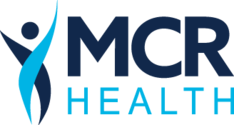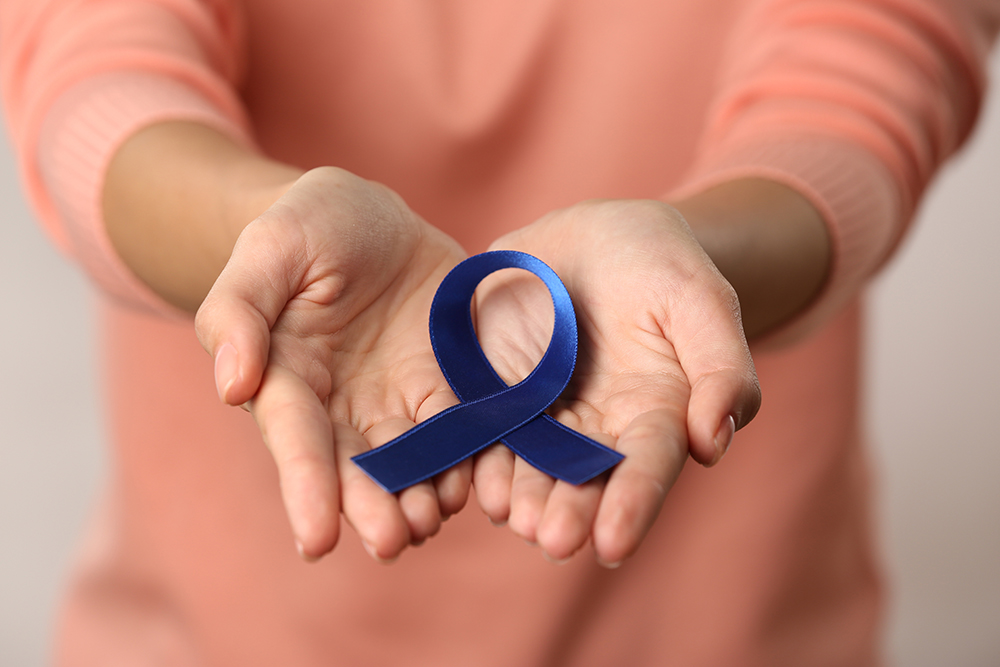Did you know in the United States, the third most common cancer is colorectal cancer? While there is no way to completely prevent cancer, taking preventative measures can go a long way in reducing your risk.
In this article we will discuss three great things you can do to help lower your risk of developing colorectal cancer in your life.
Eat A Healthy Diet
A healthy diet is important to help provide your body with energy and the nutrients it needs to function. But good nutrition isn’t just important for the body’s normal functioning, it also reduces health complications.
According to the Dietary Guidelines for Americans, a healthy diet consists of a few key things:
- Fruits and vegetables, whole grains, fat-free or low-fat milk products
- A variety of protein food such as seafood, eggs, poultry, nuts, seeds, and legumes
- Minimal quantities of added sugars, sodium, saturated fats, trans fats, and cholesterol
- Caloric limits
According to the Journal of Unexplored Medical Data, multiple studies have shown plant-based diets are effective in protecting the body against the 15 leading causes of death in the world.
Moreover, the National Institute of Health found diets that involve red meats and processed meats do lead to an increased risk of cancer from 20 to 30%. An occasional burger or turkey sandwich is fine, but the key is moderation in making sure such foods with red meat or processed meats aren’t daily meals.
But having a healthy diet is only one of many ways to help lower the risk of developing colorectal cancer. Another common way to lower the risk of developing this type of cancer is leading an active lifestyle
Get and Stay Active
In a 2016 analysis of 126 studies, the National Cancer Institute found that people who have high levels of physical activity had a 19% lower risk of colon cancer than those who weren’t active.
According to MD Anderson Cancer Center, people who are at high risk for colorectal cancer may be overweight or obese. This is attributed to how the body handles hormones such as insulin and estrogen. So, exercise is important to help prevent colorectal cancer.
Moreover, the National Cancer Institute cites multiple benefits of how being active benefits the body. By staying active, you can prevent high blood levels of insulin, which have been linked to cancer progression and development in colon and breast cancer. Research has also shown that regular exercise can help reduce the risk of cancer. But what does regular exercise look like?
The CDC recommends 150 minutes a week for adults in order to be active. Even 30 minutes of exercise daily can have a tremendous impact on your health over time.
According to the National Cancer Institute, there have been some studies showing a link between a sedentary lifestyle and health complications including increased cancer risk.
Nowadays, there doesn’t seem to be enough time in the day to do everything. Fortunately, you don’t need an entire home gym to get active.
- Exercise videos: Check on YouTube for different types of exercises.
- Get active while watching TV: During commercials or jog in place.
- Housework and yard work: Vacuuming, sweeping, mowing are all great ways to be active while being productive!
Everyone has their limits and starts on different levels, so there is no shame in being a beginner at something. In addition to health benefits such as a boosted immune system, exercise may also reduce the risk of developing cancer. But exercise isn’t the only lifestyle choice that can contribute to the development of cancer
Limit Alcohol use and Eliminate Tobacco use
Although smoking and drinking are popular ways for people to destress, they are dangerous habits that have been connected to an increased risk of cancer.
According to the CDC, the less alcohol consumed the lower the risk of developing cancer. In fact, the CDC has found six different types of cancer that are linked to alcohol use: mouth and throat, liver, voice box, esophagus, breast, and colorectal.
Moreover, Dietary Guidelines for Americans released a set of tips with a headline recommendation of limiting alcohol use to no more than two drinks a day. The less someone drinks the lower their risk is for developing cancers such as colorectal cancer.
An occasional drink is one thing. However, it is important to remember that alcohol is one of the most commonly abused substances which means there is an addicting component. Like anything else, it is important to know personal limits. Unlike alcohol, there is no “safe” amount of consumption when it comes to tobacco.
Most people may think of tobacco only being linked to lung cancer, but the CDC has found tobacco use can cause cancer in any part of the body. In fact, of the 70+ chemicals found inside tobacco smoke from cigarettes, cigars, and pipes, all of them have the potential to cause cancer in various body parts: the bladder, cervix, stomach, and colon (rectum) to name a few.
One of the best decisions for preventing cancer (colorectal and others) can be making an effort to break the habit. There are plenty of methods that help make quitting smoking, not just a temporary choice, but a lifestyle change.
By making choices to help lower your risk you can live a healthier life and lower your risk of developing colorectal cancer!
How We Can Help You
By living a healthy lifestyle, people can help lower their chance of developing colorectal cancer. Getting screened for colorectal cancer can start at the age of 45 for most people, but those with an increased risk of colorectal cancer, such as those with a family history of colorectal cancer, are encouraged to get screened sooner.
At MCR Health, we are dedicated to making a healthier tomorrow, a possibility today. If you would like to discuss your personal risk factors for colorectal cancer or when you should get screened, please schedule an appointment!

